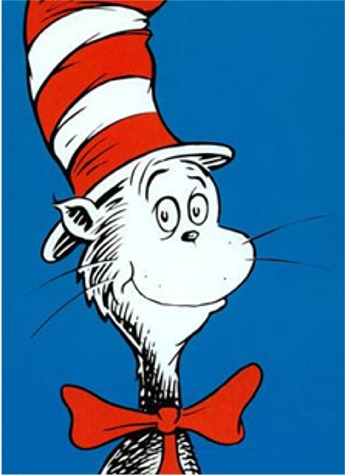When one compares Sara to modern students, it becomes extremely clear how little today's generation values education. After all, everyone gets to go to school, so it isn't very outstanding when a young person gets to go to high school or college. Little things stifle the enjoyment as well; uninteresting subjects, irritating classmates, apathy for doing homework, stress. All of these things lead to complaints about school life. On might say, "Well, if education were not readily available for every child in America, they would certainly wish they were in school rather than at home."
Would they, though? If our generation knew only hunger, labor, and poverty, would they really be thinking about education? I personally doubt it. I think conditioning is what makes people care about things like art, music, and education. Kids in poverty and families ravaged by war certainly have immediately pressing things to put before education: feeding their families, and getting enough money to pay the rent. Making sure their children don't freeze during the winter. When looking from this perspective it is easy to see why Sara's family cared so little for her ambition of becoming a teacher.
When introduced to education after having such a life, however, would be instantly addictive. After knowing nothing but poverty and hunger, the thirst for a higher knowledge would be almost uncontrollable. Evidenced by Sara, education can be used for some as an escape from a cold world, or a way out of a cold, tiny apartment and a diet of stale bread.
This is why our generation does not appreciate education as much as generations past. Within the past century, children younger than me have worked in factories and begged in the streets to help keep their families alive, with barely a passing thought about English or Arithmetic. Many of these children grew up into uneducated adults who never got out of their impoverished situations, even after the depression was over. Here I am, with a bed to sleep in every night, with food in my mouth every day, and with a full six hours of school every single day of every week. I have never known hunger or sadness, at least, not compared to the children of yesteryear. This comparison alone is what makes me care so much about going in to classes every day.
Leave a comment!Labels: STAY IN SCHOOL KIDS




